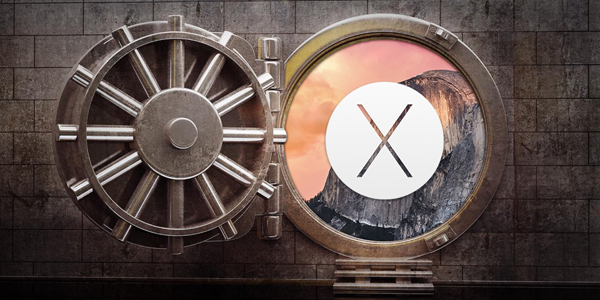First Perspective Scene Mac OS
3 kings slot machine. To get to the Photos Repair Library tool on your Mac, follow these steps:
What program do you need to open a zip file. From a positioning perspective, this is the base model of what I think of as the least pro of Apple’s MacBook Pro versions, with 8 GB of RAM and 256 GB of storage, both of which are integrated. Your Mac makes it easy to be entertained—from watching the latest shows on Apple TV+ to playing groundbreaking new games in Apple Arcade. Learn about media apps on your Mac To explore the macOS User Guide, click Table of Contents at the top of the page, or enter a word or phrase in the search field. WebKit on Mac OS X now has support for CSS 3D transforms, which allow you to position elements on the page in three-dimensional space using CSS.This is a natural extension of 2D transforms, which we described in an earlier blog post. 3D transforms have been supported on iPhone since 2.0, and now we’re please to announce that we have currently added support for Leopard and later. Improvements for the window title based scene switching (full-screen / maximized detection, ignore windows) the ability select a different transition for each automated switch case (Transitions tab) automatically pause the scene switcher based on scene or window title; hotkey to start and stop the scene switcher; trigger actions on scene change.
- If Photos is open, close the app. Then, while you click to open Photos, hold down the Command and Option keys at the same time.
- In the window that opens, click Repair to start the repair process. You might be asked to enter your user account password.

The Repair Library tool analyzes the library's database and repairs any inconsistencies it detects. Depending on the size of your library, the repairs might take some time. When the process is done, Photos opens the library.
If you repair a library that's used with iCloud Photos, iCloud checks the library after the repair process completes to ensure everything is synced correctly.
If these steps still don't work, or you can't open the repair tool, contact Apple Support.

Is your Mac up to date with the latest version of the Mac operating system? Is it using the version required by a product that you want to use with your Mac? Which versions are earlier (older) or later (newer, more recent)? To find out, learn which version is installed now.
If your macOS isn't up to date, you may be able to update to a later version.
First Perspective Scene Mac Os Download
Which macOS version is installed?
From the Apple menu in the corner of your screen, choose About This Mac. You should see the macOS name, such as macOS Big Sur, followed by its version number. If you need to know the build number as well, click the version number to see it.
Which macOS version is the latest?
These are all Mac operating systems, starting with the most recent. When a major new macOS is released, it gets a new name, such as macOS Big Sur. As updates that change the macOS version number become available, this article is updated to show the latest version of that macOS.
If your Mac is using an earlier version of any Mac operating system, you should install the latest Apple software updates, which can include important security updates and updates for the apps that are installed by macOS, such as Safari, Books, Messages, Mail, Music, Calendar, and Photos.
First Perspective Scene Mac Os X
| macOS | Latest version |
|---|---|
| macOS Big Sur | 11.3 |
| macOS Catalina | 10.15.7 |
| macOS Mojave | 10.14.6 |
| macOS High Sierra | 10.13.6 |
| macOS Sierra | 10.12.6 |
| OS X El Capitan | 10.11.6 |
| OS X Yosemite | 10.10.5 |
| OS X Mavericks | 10.9.5 |
| OS X Mountain Lion | 10.8.5 |
| OS X Lion | 10.7.5 |
| Mac OS X Snow Leopard | 10.6.8 |
| Mac OS X Leopard | 10.5.8 |
| Mac OS X Tiger | 10.4.11 |
| Mac OS X Panther | 10.3.9 |
| Mac OS X Jaguar | 10.2.8 |
| Mac OS X Puma | 10.1.5 |
| Mac OS X Cheetah | 10.0.4 |